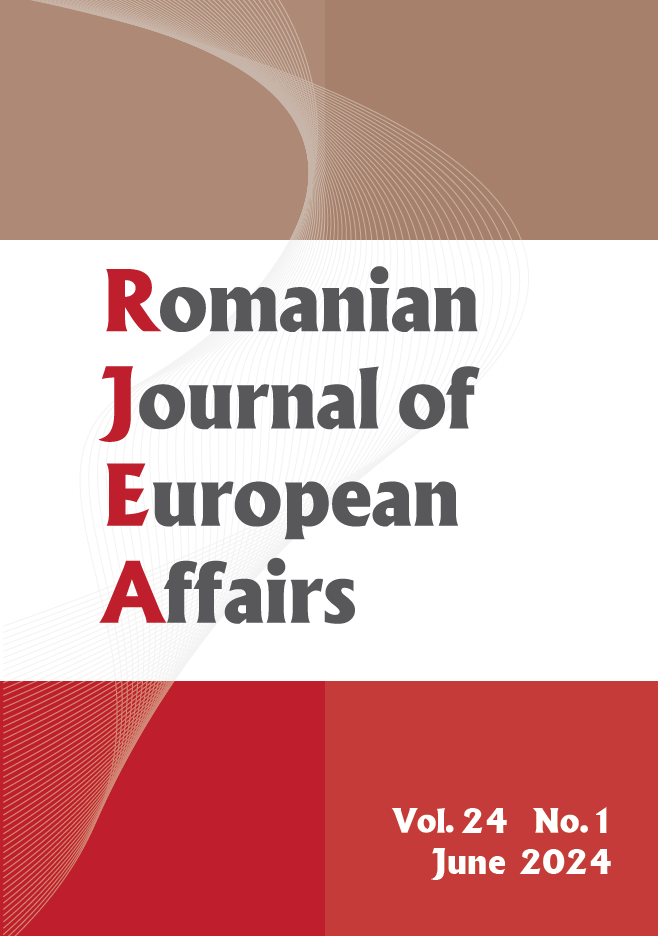Can a Cyberattack Become an Act of War? European and Trans-Atlantic Perspectives
Can a Cyberattack Become an Act of War? European and Trans-Atlantic Perspectives
Author(s): Sorin Dumitru Ducaru, Mihail Caradaica, Ana-Maria CosteaSubject(s): Politics / Political Sciences, Security and defense, Peace and Conflict Studies
Published by: Institutul European din România
Keywords: Article 5; cybersecurity strategies; cyberwar; deterrence; NATO
Summary/Abstract: In the last two decades, along with the process of digitalisation of businesses and state apparatuses, the world has faced a new major issue that can produce physical / non-physical damage, and equally threaten individual security and the state’s sovereignty: cyberattacks. Confronted with the strategic competition – within a multipolar world – coupled with this new challenge that can redefine the nature of war, NATO member states have tried to find a common answer by linking cyberattacks to Article 5 of the Washington Treaty, NATO’s collective defence principle. Understandably, Article 5 was drafted while having in mind the aspects of deterrence and defence related to conventional wars. However, it has been invoked by the Allies only once, i.e., after the 9/11 terrorist attacks against the USA, which represented quite an unconventional scenario, certainly unanticipated by the Alliance’s Founding Fathers. Given the current trend, and reflecting on the increase in the complexity, intensity and persistence of the known cyberattacks, it is important to study the potential game-changing circumstances of such unconventional attacks, which might trigger Article 5 and its collective defence principle. The present paper seeks to depict the complexities and consequences of cyberattacks within the framework of the collective defence principle.
Journal: Romanian Journal of European Affairs
- Issue Year: 24/2024
- Issue No: 1
- Page Range: 21-45
- Page Count: 26
- Language: English

